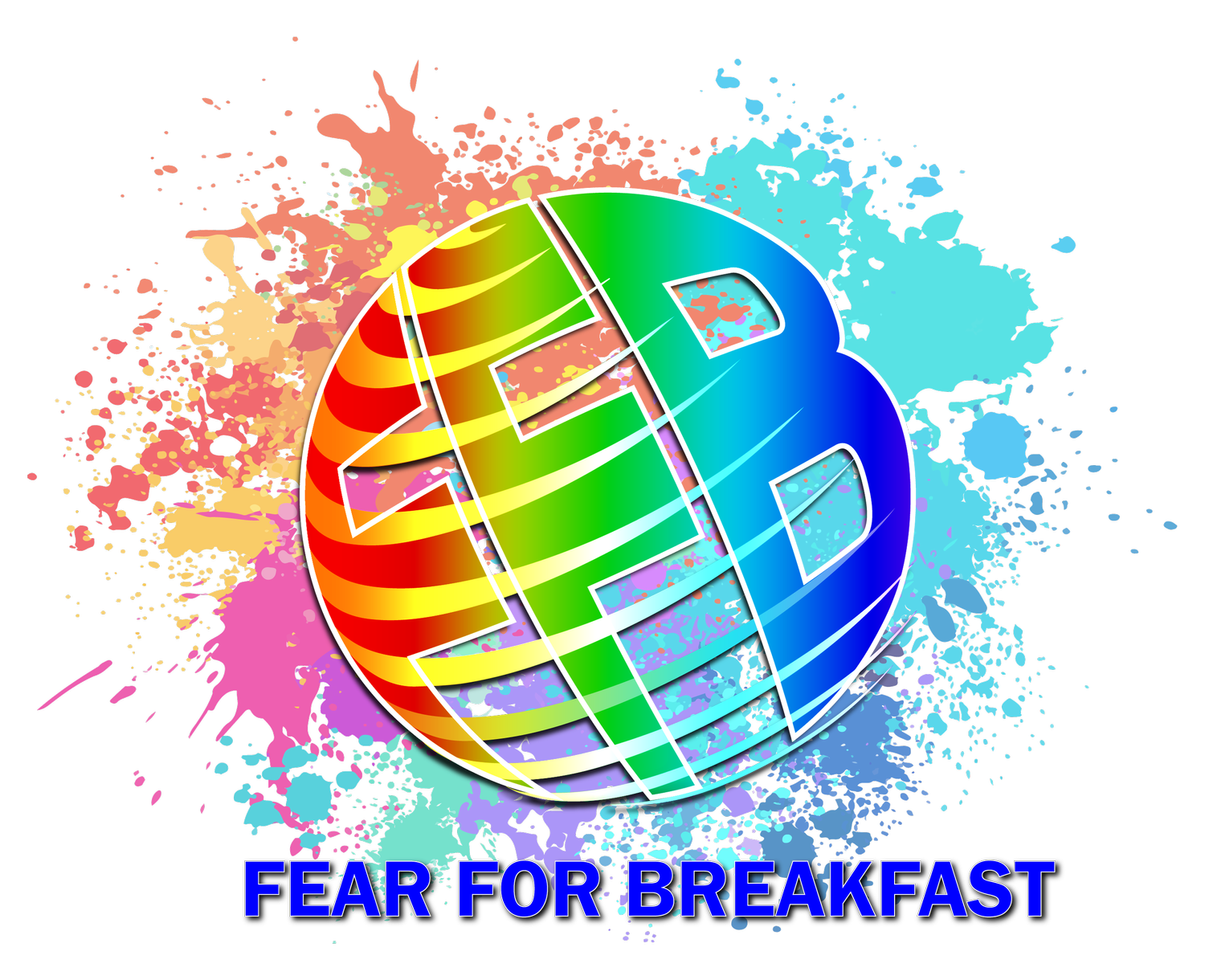Fear for Breakfast
Fear for Breakfast is run by formerly incarcerated people and those who are passionate about helping others. We aim to bridge the gap between those who have been to prison and members of the community, fostering healing on both sides. We offer workshops run by former inmates, give practical assistance to people who just got released, and provide wound care for the homeless in Los Angeles. By engaging with our community in a positive, constructive way, we hope to promote the powerful idea that we have more in common than we have apart.
Sessions will be offered multiple times throughout the year.
Board Governance
Helps straighten the mission and policy of the board, and to assist in organizing and improving organizational board and building strong community leaders. The course will add greater structure in board governance, such as policy and procedure, financial policy, fundraising and team management.
Childhood Conditioning
Program that brings awareness to childhood conditioning, which refers to the learning and internalization of beliefs, values, and behaviors through early experiences and interactions. This shapes worldview, personality, and future behaviors. Childhood conditioning significantly influences adult behavior and emotional responses. While some conditioning is adaptive, the aspect of recognizing and re-evaluating others can foster personal growth and positive change.
Intergenerational Trauma
A program that discusses the emotional, psychological, and cultural wounds passed down from one generation to the next, often resulting from historical events, collective experiences, or systemic injustices. This type of trauma can occur when a group or community faces prolonged exposure to stress, fear, or violence, leading to lasting impacts on their worldview, behaviors, and relationships.Some common features of inter generational trauma include:
Collective memory and shared experiences: Traumatic events become embedded in a community’s collective memory, shaping their identity and influencing their perceptions.



